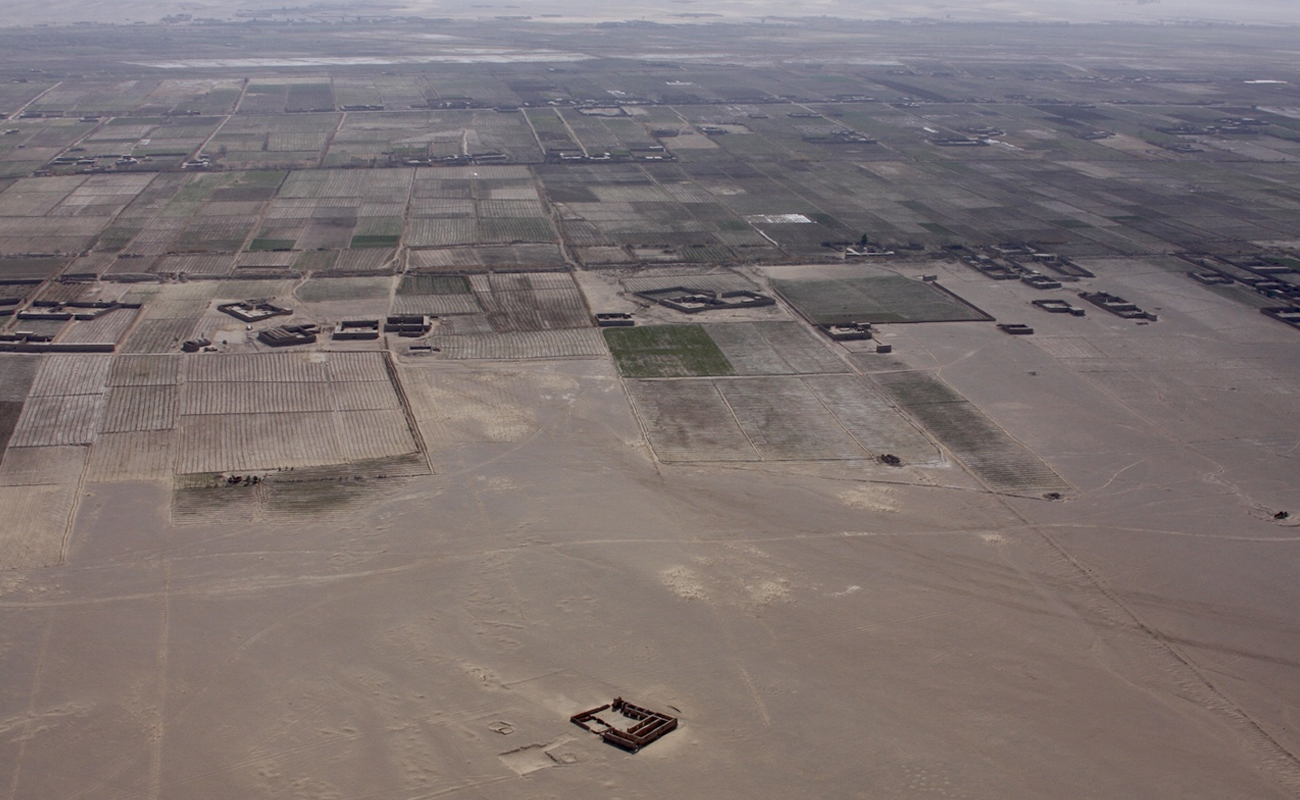Afghanistan: A Field of Competition, Not Consensus
By Abdul Naser Noorzad
The majority of Afghan analysts and experts believe that to resolve the current crisis, first a regional consensus and then an international consensus must be formed to solve Afghanistan’s problem. This solution is theoretically plausible, but considering the interests of major powers and actors involved in Afghanistan’s geography, is there really any ground for such a consensus to emerge?
The author believes that this approach to solving Afghanistan’s dilemma is overly optimistic, idealistic, and detached from the realities of today’s global politics. The powers that have been present in Afghanistan’s geography for years—from the era of the classic “Great Game” to the Cold War, the presence of the US and its allies, and now in the post-US withdrawal phase—have always competed to secure their own security and geopolitical interests. Today, they still view Afghanistan solely through the lens of their own interests. Especially under current conditions, with the Taliban and other terrorist groups dominating Afghanistan and the region and the world viewing the country through a security and opportunistic lens, the analysis based on the possibility of consensus seems unrealistic.
The conflict of interests between the two Asian powers (Russia and China) in Afghanistan has prevented the formation of consensus. Moreover, the clear conflict of interests between China and the US, and Russia’s dual role, have not only failed to create consensus but have intensified security and geopolitical rivalries. At the regional level, both Pakistan and India consider Afghanistan their strategic depth and are unwilling to compromise. Iran, due to security and religious concerns, pursues an independent and sometimes contradictory policy compared to other actors; sometimes aligning with China and Russia, and at other times engaging with the Taliban. The contradictory behavior of Pakistan, Iran, Russia, China, and Central Asian countries—who are in contact with both the Taliban and anti-Taliban groups—shows that regional consensus on Afghanistan is practically impossible.
Some neighbors, like China, are more concerned with stability and economic projects (such as the Belt and Road Initiative) than with fundamentally resolving Afghanistan’s crisis, and thus prefer to engage with the Taliban. Russia sees Afghanistan as an arena for competition with NATO, the US, and even China, and benefits from controlled instability. The US, after its military withdrawal, has little desire to reinvest politically and security-wise, and even sees continued instability as useful for worrying its Asian rivals. Central Asian countries, except for Tajikistan, mostly under Moscow’s security doctrine, approach the Afghanistan issue cautiously and without serious will to intervene.
Severe ideological and religious differences, conflicting security and geopolitical interests, and concerns about Afghanistan’s future have made consensus on a common solution difficult. Each country pursues its own path based on its interests, and engagement with the Taliban is mostly tactical. The Taliban, as the main actor, has become a tool for regional and extra-regional powers to exert pressure and negotiate. Overall, the security and geopolitical rivalries of powers in Afghanistan are more likely to maintain instability than to create consensus for crisis resolution.
The sum of these realities shows that Afghanistan is not only a victim of internal crises and weak governmental structures, but above all, has become a field of competition and confrontation of the interests of major and regional powers. Each of these actors views Afghanistan from the perspective of their own security, geopolitical, and economic interests and is unwilling to sacrifice their strategic interests to resolve the Afghan crisis. This situation has made any attempt to create regional or international consensus practically impossible, and instead of convergence, divergence and competition have intensified.
In such a context, skepticism about the possibility of forming a real consensus to resolve Afghanistan’s crisis is not just a theoretical hypothesis, but an objective and strategic reality. As long as conflicting interests and security rivalries among major and regional powers overshadow Afghanistan, any solution based on consensus will remain more of an ideal than a practical possibility. As a result, Afghanistan will remain in a state of chronic instability and a pawn in power rivalries, unless a fundamental change occurs in regional and international equations. A possible solution is for one power, in agreement with another capable of ensuring and maintaining stability in Afghanistan, to make an effort, and these powers, solely for their own specific interests, agree to this effort. Otherwise, consensus at the regional and global level will remain impossible and in conflict with the conflicting security interests of countries.
Abdul Naser Noorzad was a lecturer at Kabul University. He has an MA in National Security Studies. He has written a couple of books about Afghanistan's security and political situation and has published dozens of articles in English, Persian, and Spanish. His research area includes security and politics.
Academicians and Officials interested to publish their academic pieces on this page, please approach us through: contact@aissonline.org.
The article does not reflect the official opinion of the AISS.

